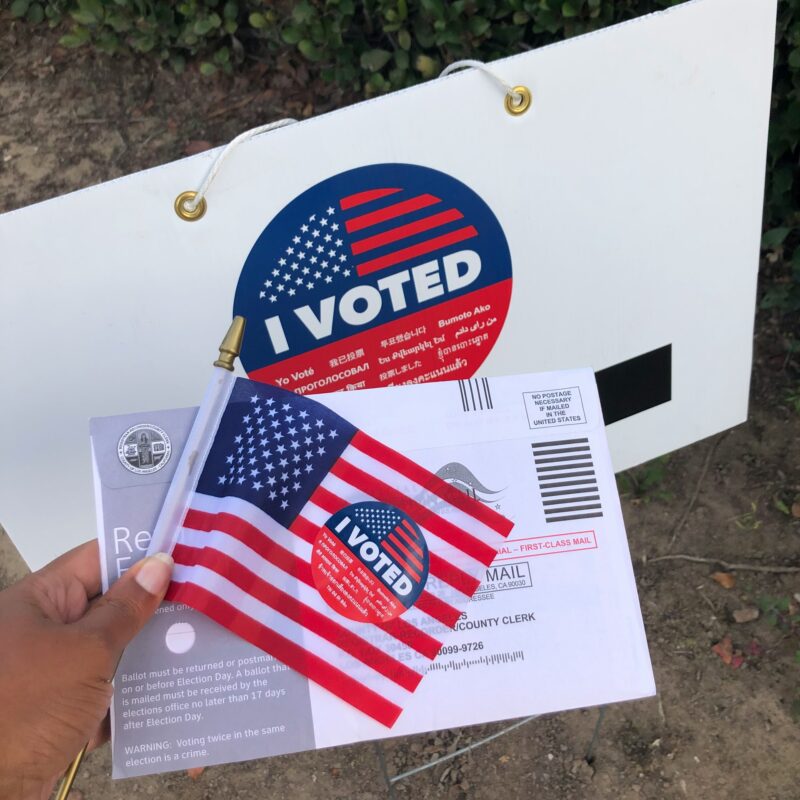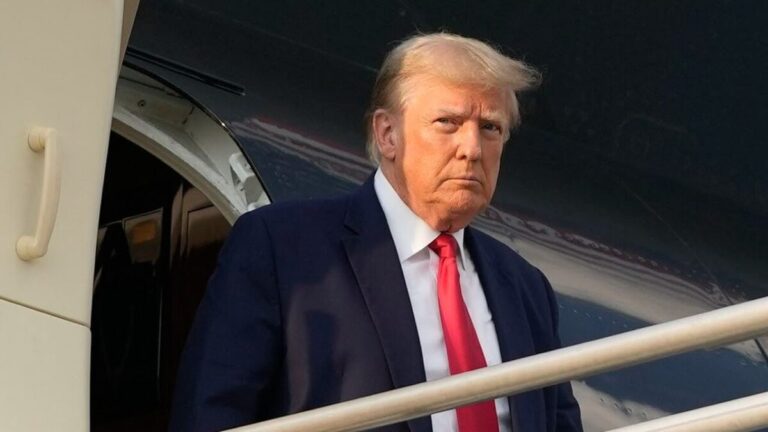In a surprising turn of events, the 9th Circuit Court of Appeals has overturned its previous ruling that required Arizona residents to provide proof of U.S. citizenship in order to use the state voter registration form. This decision has now reopened the path for potential voters in the state to register without having to produce documentation of their citizenship status.
Reversal of the Controversial Proof of Citizenship Requirement
Just two weeks ago, the 9th Circuit Court had ruled that Arizona residents must show proof of U.S. citizenship in order to register to vote using the state voter registration form. This decision was seen as a significant setback for voting rights advocates, as it threatened to disenfranchise many eligible voters who may not have easy access to the required documentation.
However, in a 2-1 decision on August 1st, the appeals court has now reversed its previous ruling. The majority of the panel, which was the one actually assigned to hear the case, concluded that the earlier judges had made a mistake in implementing such a “radical change” to the state’s voting registration rules so close to the upcoming election. They argued that this would have caused widespread confusion and chaos, and therefore needed to be overturned.
Restoring the Previous Status Quo
The new ruling by the 9th Circuit effectively restores the order that was issued last year by U.S. District Court Judge Susan Bolton. Judge Bolton had previously concluded that federal law allows people to register to vote in federal elections without having to provide the same proof of citizenship that Arizona requires for state and local elections.
This means that Arizonans who lack documentation of their U.S. citizenship can once again use the state voter registration form to sign up for the upcoming presidential and congressional elections. They will only be able to cast ballots in federal races, as opposed to state or local contests, but this still represents a significant victory for voting rights advocates in the state.
Immediate Backlash and Vows for Supreme Court Review
The 9th Circuit’s decision to reverse its previous ruling has not been well-received by all stakeholders. Senate President Warren Petersen, a Republican, has condemned the appeals court’s action, calling it “another example of why the radical 9th Circuit is the most overturned circuit in the country.”
Petersen has vowed to seek an emergency stay from the U.S. Supreme Court in an effort to reinstate the proof of citizenship requirement, stating that he wants to “make sure only American citizens are voting in our elections.” This indicates that the legal battle over voter registration rules in Arizona is far from over.
Confusion and Chaos in the Voter Registration Process
The back-and-forth nature of the court rulings has undoubtedly created a great deal of confusion and chaos for both election officials and potential voters in Arizona. In the first 10 days after the initial July 18th ruling that required proof of citizenship, the Maricopa County Recorder’s Office reported that it had rejected 200 voter registration applications.
Now, with the latest reversal by the 9th Circuit, the Arizona Secretary of State’s Office has clarified that “election officials may not reject voter registration applications submitted without [proof of citizenship], regardless of which form is used.” This sudden change in the rules is likely to continue causing disruption and uncertainty in the voter registration process.
Ongoing Legal Battle and Potential Supreme Court Intervention
The legal battle over Arizona’s proof of citizenship requirement for voter registration is far from over. The state’s legislative leaders, including Senate President Petersen and House Speaker Ben Toma, have been staunch defenders of the law since it was passed in 2022. They are joined in the case by the Republican National Committee, and they have vowed to take the issue all the way to the U.S. Supreme Court if necessary.
This means that the fate of the proof of citizenship requirement, and the ability of Arizonans to register to vote without such documentation, could ultimately be decided by the nation’s highest court. The Supreme Court’s ruling on this matter could have significant implications for voting rights and election integrity not only in Arizona, but potentially across the country.
Potential Impacts on Voter Turnout and Election Outcomes
The reversal of the proof of citizenship requirement could have important consequences for voter turnout and election outcomes in Arizona. By making it easier for residents to register to vote, the 9th Circuit’s decision may increase participation in the upcoming presidential and congressional elections.
This could be particularly significant for certain demographic groups, such as young, low-income, or minority voters, who may have faced greater barriers to registration under the previous rules. If more of these voters are able to participate, it could shift the electoral landscape in the state.
Ongoing Debates Over Voter ID and Election Security
The legal battle over Arizona’s proof of citizenship requirement for voter registration is just one part of the larger national debate surrounding voter ID laws and election security. Proponents of such measures argue that they are necessary to prevent voter fraud and protect the integrity of the electoral process.
However, critics contend that these requirements can disproportionately disenfranchise certain groups of voters, particularly those who may face greater challenges in obtaining the required documentation. The reversal of the Arizona rule is likely to further inflame these debates, as both sides seek to shape the narrative around voting rights and election security.




Leave a Comment